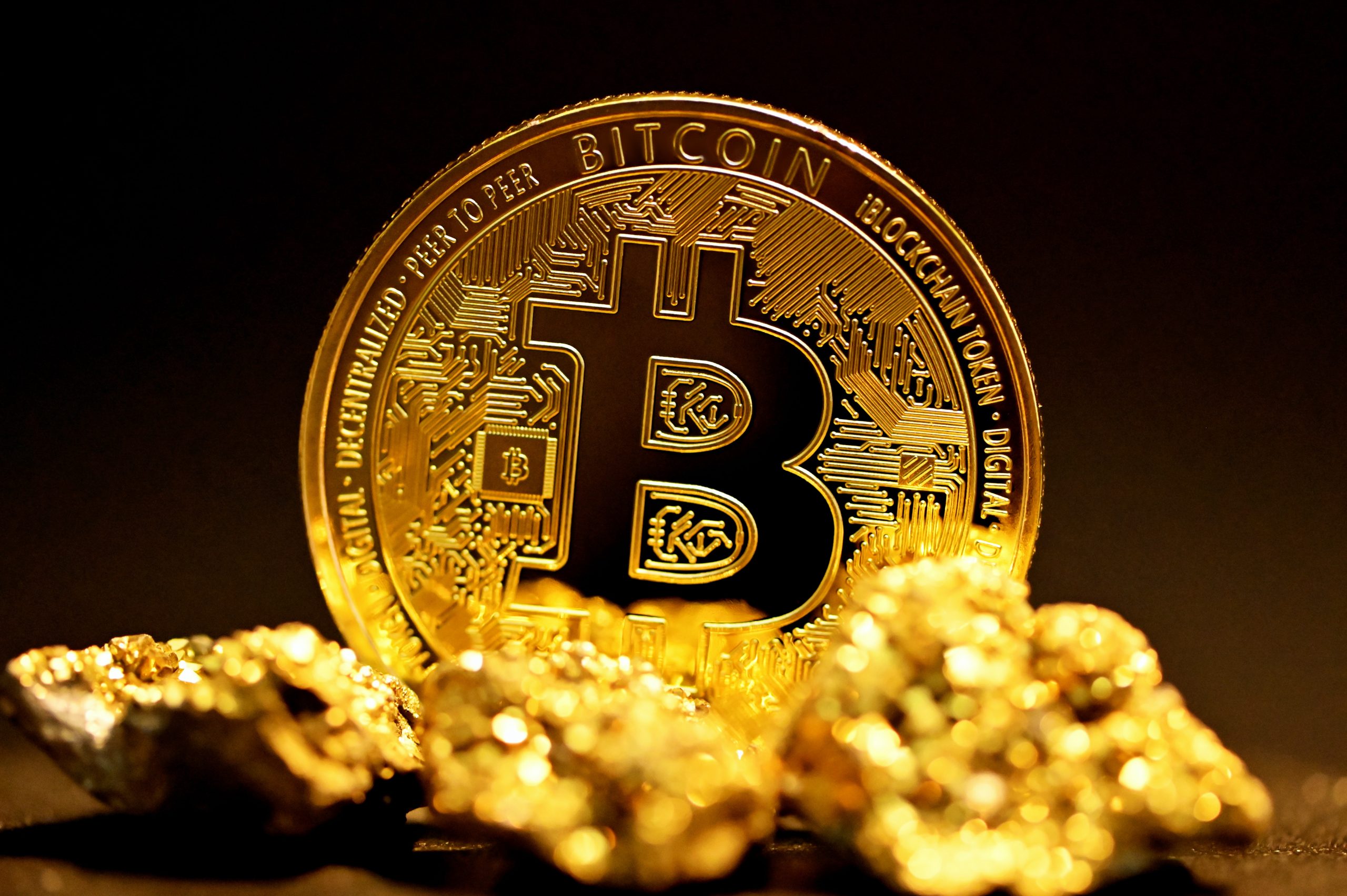PayPal Holdings, Inc., a payment processor, also allows customers to purchase bitcoins (PYPL). In order to buy bitcoins via PayPal, there are two options. Using a debit card or bank account linked to your PayPal account is the first and most simple way to buy bitcoins. The second option is to buy bitcoins with a credit from your PayPal account. There are only a few third-party sites that allow consumers to buy bitcoin via the PayPal button, making this alternative less convenient.
In order to buy any of these digital currencies, you must need a PayPal account.
All states except Hawaii allow residents to use their existing PayPal accounts or create new ones. The “Checkout With Crypto” function allows you to pay for goods and services with your coins.
Name, physical address, birth date, and tax ID number are all required to open a crypto account with PayPal.
PayPal does not accept credit card payments for Bitcoin purchases. PayPal will display the cryptocurrency’s price during the purchasing process. Volatility in cryptocurrency markets, however, means that the price can change very quickly. You should have enough money in your bank account to cover the cost of the transaction, plus a little extra, just in case.
PayPal makes money from the crypto spread, or the difference between Bitcoin’s market price and its USD exchange rate, when you buy bitcoin directly from PayPal. In addition, a fee for each purchase is levied by the business. These charges are based on the total cost of the item. For purchases between $100 and $200, for example, a fixed cost of $0.50 is levied. After then, the price is based on a percentage of the total cost. Cryptocurrency purchases between $100 and $200 are subject to a 2% transaction fee, for example.
Buying cryptocurrency with PayPal has some drawbacks, such as the inability to move the cryptocurrency outside of the PayPal network. As a result, you are unable to move your acquired bitcoin from PayPal to an external crypto wallet or to your own personal wallet.
Another drawback of using PayPal to make a purchase is that relatively few exchanges and online traders accept it as a form of payment. eToro is one of the few online trading platforms that accepts PayPal as a mode of payment for bitcoin purchases.
You can buy bitcoin with your credit card in the following ways:
With credit cards, you can buy bitcoin just like you do with debit cards or through an automated clearing house (ACH). Your credit card information will need to be entered and authorized by the exchange or online trading firm. Using a credit card to buy bitcoin is generally a bad idea. A couple of factors play a role in this.
Because of expenses and fraud concerns, not all exchanges accept credit card purchases of bitcoin. This decision may benefit customers in the long run. Payment processing companies might tack on surcharges to these kinds of transactions. As a result, in addition to transaction costs, the exchange may charge you additional processing fees.
Secondly, credit card transactions might be pricey. Bitcoin purchases are seen as cash advances by credit card companies, which means that they charge exorbitant fees and interest rates. American Express and Chase, for example, consider cryptocurrency purchases to be cash advances. An American Express cardholder purchasing $100 in bitcoin pays a cash advance cost of $10, as well as a 25 percent annual percentage fee. More than that, you’re limited to $1,000 worth of bitcoin purchases per month with your credit card.
You can use a credit card to buy bitcoin by signing up for a Bitcoin rewards credit card. These cards work like any other rewards credit card, except that the benefits are paid out in bitcoin instead of cash. As a result, people use the money they save by not making purchases to buy Bitcoin. There is a BlockFi Bitcoin Rewards Credit Card that offers rewards for using the card.
Some of these cards may charge hefty annual fees and additional fees for exchanging fiat cash into cryptocurrency.
In demand purses and wallets.
Hot wallets are another term for online wallets. This type of wallet is referred to as a “hot wallet” since it runs on Internet-connected devices such as a computer or a smartphone. These wallets generate the private keys to your money on these Internet-connected devices, which creates a vulnerability. Despite the ease with which you may access and deal with your assets using a hot wallet, storing your private key on an Internet-connected device makes it more vulnerable to a hack.
Even if it seems impossible, hot wallet owners who fail to take adequate security precautions run the danger of having their assets stolen. A lot of different ways can lead to this, and it’s not uncommon. Using a hot wallet with little or no security and bragging about your bitcoin holdings on a public place like Reddit is not a good idea. However, if care are taken, these wallets can be safe. Minimum security measures should include two-factor authentication, a strong password, and secure Internet usage.
It is recommended that you use these wallets if you plan to trade a small amount of cryptocurrency on an exchange. A hot wallet is similar to a bank account in many ways. Only money you need for day-to-day expenses should be kept in a checking account, according to conventional financial advice. In the same way, hot wallets are a thing. Mobile, desktop, web and exchange account hot wallets are all included in this category.
Custodial accounts provided by the exchange are exchange wallets. The private key to the cryptocurrency contained in this wallet is not held by the user of this wallet type. You’d lose your money if the exchange was hacked or if your account was compromised. Cryptocurrency forums and communities frequently use the term “not your key, not your coin.”
icy purse strings
As its name implies, cold wallets don’t have Internet access and are therefore much less vulnerable to hacking. Offline wallets and hardware wallets can also be used to describe these wallets. There are many types of wallets that may be used to keep a user’s private key safe while yet allowing them to examine their portfolios without putting their private key at danger.
In terms of offline cryptocurrency storage, a paper wallet may be the most safe option. Some websites let you to create a paper wallet, which you may then use to store your cryptocurrency. It then generates a set of public and private keys, which may be printed out. If you don’t have the private key, you won’t be able to access the cryptocurrency in these addresses. A lot of people laminate these paper wallets and store them in their bank’s safe deposit box or even in a safe at their own home. Because you cannot rapidly sell or trade bitcoin contained in these wallets, they are intended for long-term investments that require great security.
A hardware wallet is a more popular sort of cold wallet. It is common for hardware wallets to be USB drives that store a user’s private keys in an offline location. Since these wallets are immune to computer viruses, they offer a significant advantage over hot wallets, which are vulnerable to such threats. It is impossible for a network-connected device or software that could be exploited by a third party to come into touch with your private keys using hardware wallets. These devices are also typically open source, allowing the community to determine their safety through code audits rather than a company declaring that they are safe to use.
Bitcoin and other cryptocurrencies can be safely stored in cold wallets. But they require more technical knowledge to set up.
A good way to set up your wallets is to have three things: an exchange account for buying and selling, a hot wallet to hold small to medium amounts of crypto you wish to trade or sell, and a cold hardware wallet to store larger holdings for long-term durations.




